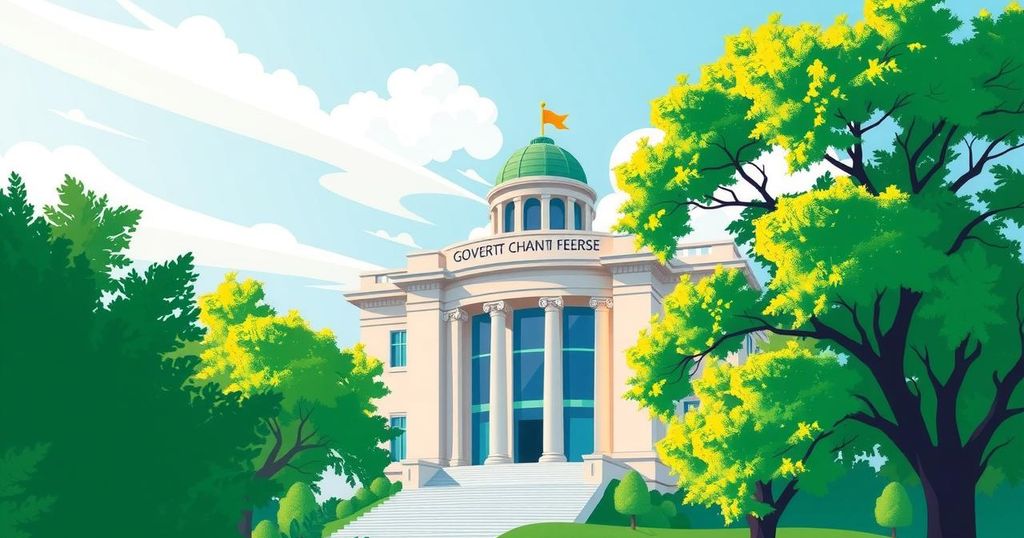Brazil’s Revised 2025 Budget Bill Projects Higher Surplus Amid Challenges

Brazil’s revised 2025 Budget Bill forecasts a primary surplus of 15 billion reais, up from 3.7 billion. The adjustments stem from improved revenue projections. President Lula’s fiscal framework sets a balance target, allowing some deficit. Previous delays in budget approvals highlight the administration’s struggle with Congress.
Brazil’s budget bill has been revised to project a primary surplus of 15 billion reais (approximately $2.66 billion) for the central government this year, as indicated by Senator Angelo Coronel’s proposal presented earlier on Thursday. This figure represents a notable increase from the initially proposed 3.7 billion reais put forth by the government. The bill is set to undergo a vote in a joint congressional committee before moving to a full congressional session.
The revision reflects enhanced revenue projections, contributing to an improved forecast for the primary balance. President Luiz Inacio Lula da Silva established a new fiscal framework in 2023, which includes a primary balance target and a spending growth cap of 2.5% above inflation. The goal for the current year stipulates a zero primary deficit, allowing for a permissible shortfall of 30.9 billion reais while adhering to the fiscal rules.
Additionally, Senator Coronel noted that revisions incorporated requests from the federal government, resulting in increased funding for social security benefits and a decrease in expenses related to the Bolsa Familia welfare program. This budget’s approval process has revealed significant delays, highlighting the complexities within President Lula’s leftist administration and its interactions with Congress.
The annual budget bill typically receives approval before the end of the prior year, but this year’s timeline has faced notable challenges.
The revised budget bill for Brazil indicates a stronger economic forecast with a projected primary surplus, reflecting upward adjustments in revenue expectations. The administration’s fiscal strategy, aimed at maintaining a primary balance while managing spending growth, demonstrates ongoing challenges in governance and legislative relations. As Brazil navigates these financial adjustments, the timely approval of the budget remains crucial for fiscal stability.
Original Source: money.usnews.com








